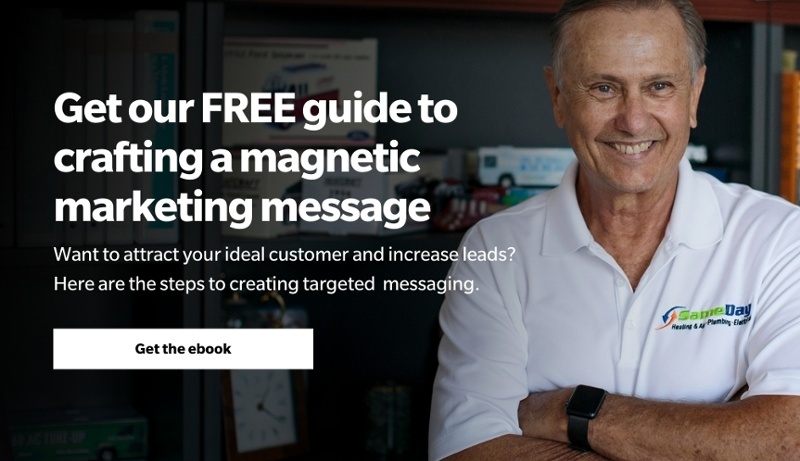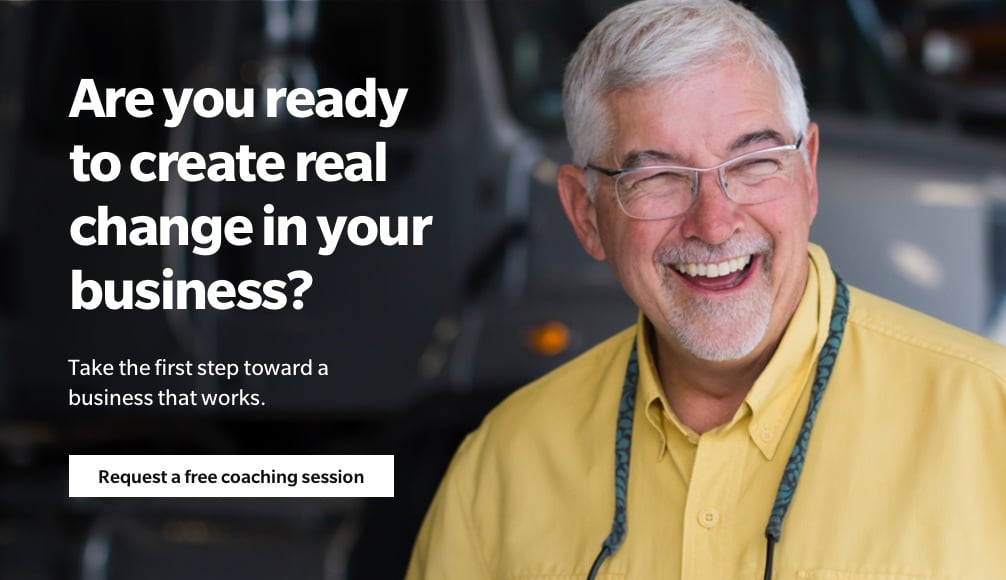A looming recession is always scary. The potential of scarce and unpredictable revenue for an indeterminate period of time can make it feel like the bottom is going to drop out from under you at any moment.
The key to surviving a recession is to make your business as consistent and predictable as it can possibly be. Even if you’re in an inherently unpredictable industry, you can set a foundation for consistent and predictable cash flow throughout the year by capitalizing on consumers’ pre-recession spending—it just takes a little creativity.
Here’s what I mean: Recessions are normal economic events, so we know quite a bit now about how people respond. Simply the prediction of a recession causes consumers to worry and tighten their purse strings. But here’s where you can use behavior patterns to create a strategic plan: before a recession hits, some people ease spending while others spend more in anticipation of not having the ability to later.
People know they’ll continue to need things like food, haircuts, home repairs, health care, so there’s an instinct to stock up—and price becomes the major factor when shopping, followed by value and brand loyalty.
Here’s how you can use that to your advantage.
Predict (and help meet) your customers' future needs
If the product or service you sell isn’t essential to survival, it’s reasonable to expect that customers may purchase less of it if they’re struggling to make ends meet. So what can you do now to secure those future sales while people still have the funds to pay for them?
This is where you can get innovative. Think about what your customers’ needs will be in six to twelve months’ time and figure out a way to entice them to put money down today that will help their needs continue to be met even if they fall on hard times.
- If you’re a hairstylist, that might mean offering a package deal: Get six haircuts for the price of five.
- If you’re a plumber preparing for a slowdown in the winter months, drum up business now by educating customers about the dangers of pipes bursting and offering a special winter pipe checkup to help save them from headaches down the road.
Whatever product or service you’re selling, make it easy for people to buy it now while they have the money.
You’ll be doing them a favor by ensuring their needs continue to be met even when funds are limited, and you’ll be giving your business a cushion that will help you make it through an economic downturn relatively unscathed.
It’s like a recession-planning campaign that helps you and your customers.
But make sure you can fulfill your commitments
No matter how well you prepare, it’s impossible to predict the exact toll a recession will take on the business.
When you pre-sell products or services, make sure you’ll be able to deliver what you’ve sold when the time comes. Do your best to account for variables like workforce shortages and supply chain delays so the promises you make today can be fulfilled six or nine months down the line.
One of the perks of pre-selling is the ability to avoid layoffs. If you can earn money in December that would have otherwise come in March, you can help avoid changes to your workforce and keep your business afloat through a downturn. You’ll know how many people and how much inventory you’ll need to fulfill your orders, and you can plan ahead to make it happen.
A recession may feel like an emergency, but with innovation and careful planning, your business can survive—and even thrive through building customer loyalty and creating systems you may not have otherwise.
During recessions, business owners can feel even more alone in trying to find a way through. Having a mentor to support you during these trying times can be an invaluable asset.
If you’d like to see what it would be like to have the guidance of an EMyth Coach, schedule a free session.





Comments